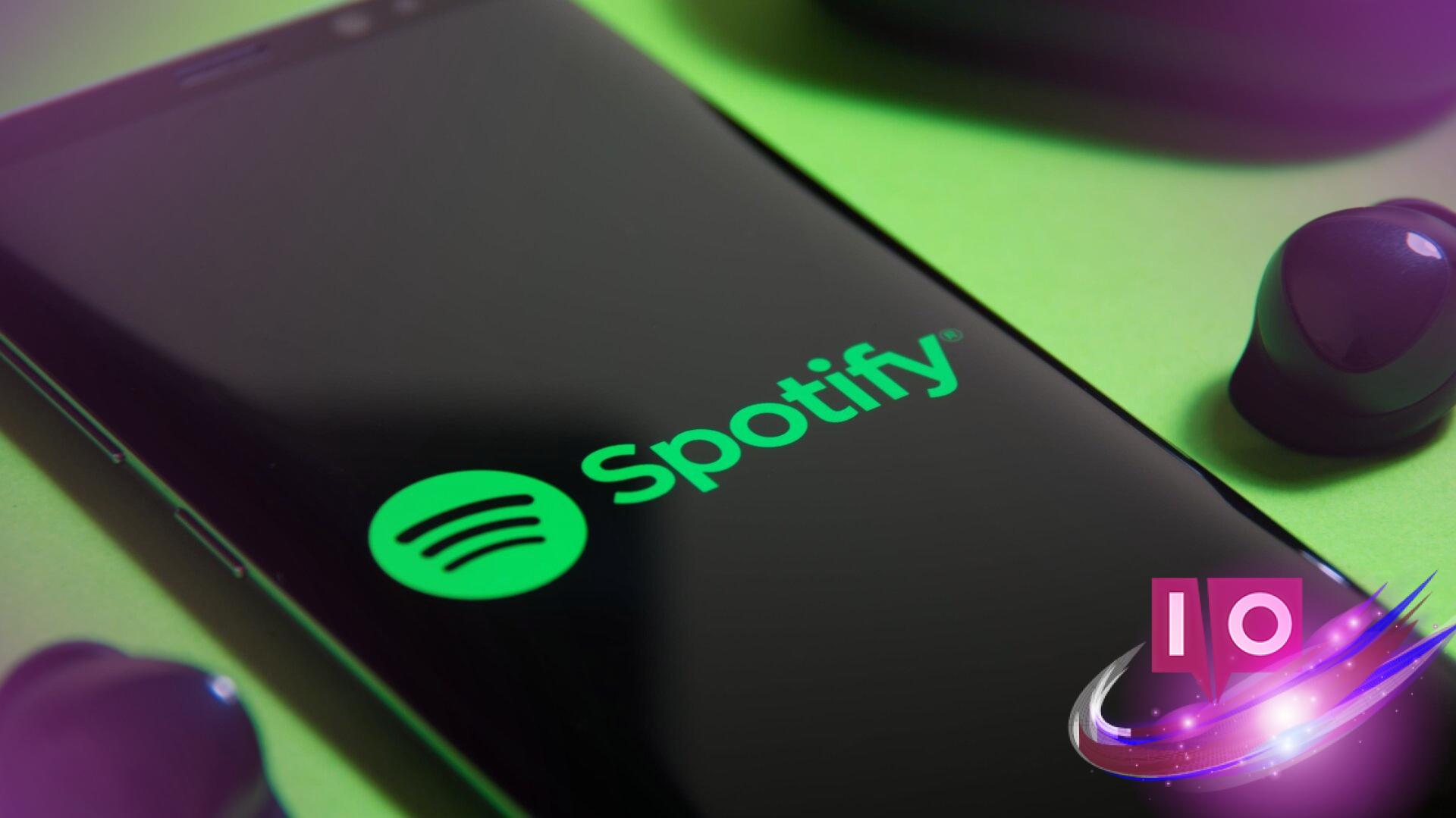In today’s data-driven world, understanding the value of your personal information has never been more crucial. Spotify, known for its innovative user experiences, heavily relies on the data it collects to enhance its services. However, a recent controversy has sparked a debate on data ownership and monetization. Over 18,000 Spotify users joined a group called Unwrapped, which aimed to allow them to sell their data and make a profit. This move has challenged Spotify’s control over user data and raised questions about privacy and profit-sharing.
As a trusted source of information, it’s essential to dive deeper into this unfolding situation. Let’s break down what happened and why it matters.
1. What Happened with Spotify Users Selling Data?
A group of more than 18,000 Spotify users formed a collective effort to monetize their data. They successfully sold listening history data to Solo AI, a company focused on creating AI-driven music platforms, for $55,000 (about €52,000). Each user received roughly $5 (around €4.60). This transaction was facilitated through the platform Vana, which allows individuals to sell their data to firms building AI models.
2. Why is Spotify Concerned?
Spotify has expressed its discontent with this move, stating that it violates their developer policy. According to Spotify’s spokesperson, the collection and sale of user data for third-party use breaches their terms of service. The company prioritizes user privacy, emphasizing that while users have the right to access their data, selling it does not align with Spotify’s ethos.
3. The Potential Risks of Data Monetization
Many experts warn about the implications of selling personal data. The Electronic Frontier Foundation cautions that selling your data does not address the power imbalance between large companies and individual users. Their argument? The small amount of money received in exchange for intimate details isn’t a fair deal when considering the vast value these companies generate from user data.
4. How is Spotify’s Revenue from Ads Performing?
Interestingly, Spotify has struggled to convert its user data into advertising revenue. As of late, only 11% of the company’s revenue has come from its data-driven ad business, falling short of a targeted 20%. This suggests that Spotify is facing challenges in monetizing the rich pool of data it collects.
If you’ve been wondering, “Can I profit from my own data?”—the answer is complex. While some users have successfully done so, the difficulties and ethical concerns surrounding data sales complicate the landscape.
What are the privacy implications of selling your data? Selling personal data can expose individuals to various risks, including identity theft and misuse of information. This makes understanding privacy policies and the implications of data sales critical for anyone considering monetization.
How does Spotify’s user data benefit the company? User data allows Spotify to personalize experiences, optimize recommendations, and create targeted advertisements, which ultimately enhance user engagement and retention.
Finally, is it worth the hassle to sell your data? For many, the minimal profit might not outweigh the effort and potential risks involved, particularly with the ongoing questions about ethical data usage.
In conclusion, the conversation around data ownership, privacy, and monetization is ongoing. While some users have taken steps to sell their Spotify data, the repercussions of such actions could be significant, both personally and for the broader digital landscape. As these discussions evolve, it’s important to stay informed and engaged in the changing dynamics of data rights. For more insights and updates, consider exploring related topics at Moyens I/O.
